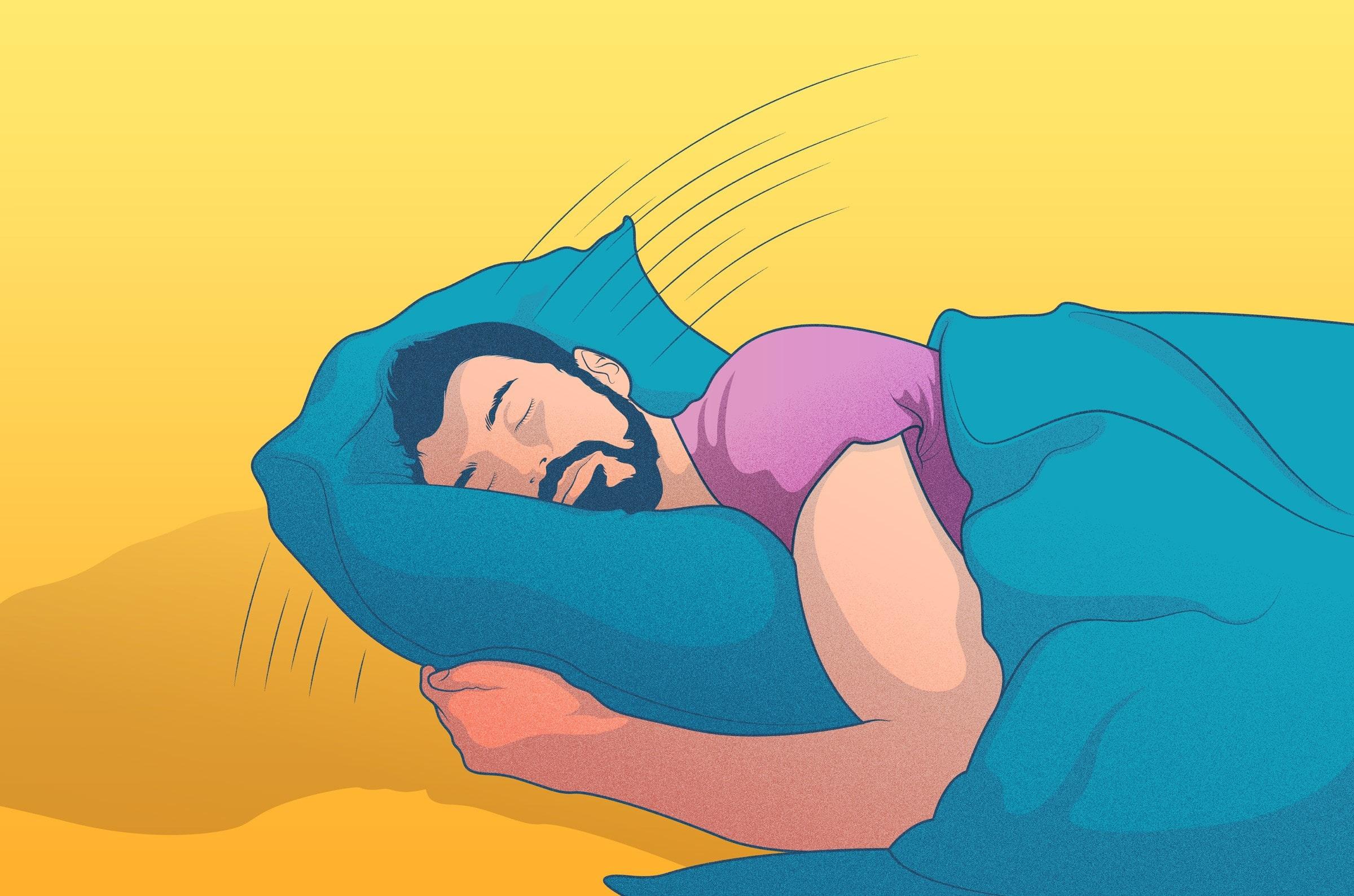Struggling to fall asleep quickly can be frustrating and impact your overall health and well-being. Finding effective methods on how to sleep quickly is essential for maintaining good health and productivity. If you're looking for practical solutions, keep reading to discover proven tips and techniques to help you drift off faster. For more detailed advice and solutions, visit sleepingquickfix.
Establish a Consistent Sleep Schedule
One of the most effective ways to sleep quickly is by maintaining a consistent sleep schedule. Going to bed and waking up at the same time every day, including weekends, helps regulate your body's internal clock. This consistency can make it easier for you to fall asleep quickly each night.
Create a Relaxing Bedtime Routine
A relaxing bedtime routine can signal to your body that it's time to wind down. Consider activities such as reading a book, taking a warm bath, or practicing relaxation techniques like deep breathing or meditation. Avoid stimulating activities like watching TV or using electronic devices before bed, as the blue light emitted can interfere with your ability to fall asleep.
Optimize Your Sleep Environment
Your bedroom should be a sanctuary for sleep. To sleep quickly, ensure your room is dark, quiet, and cool. Use blackout curtains or an eye mask to block out light, and consider using earplugs or a white noise machine to drown out any disruptive noises. Additionally, a comfortable mattress and pillows can significantly enhance your sleep quality.
Be Mindful of Your Diet and Exercise
What you eat and drink, as well as your exercise routine, can impact how quickly you fall asleep. Avoid caffeine and large meals close to bedtime, as they can keep you awake. Instead, opt for a light snack if you're hungry. Regular exercise can promote better sleep, but try to finish your workout at least a few hours before bedtime to avoid overstimulation.
Limit Naps and Manage Stress
While naps can be beneficial, they can also interfere with your ability to sleep quickly at night if taken too late in the day. Aim for short naps earlier in the afternoon if needed. Managing stress is also crucial; high stress levels can keep you awake. Techniques like journaling, yoga, and talking to a friend or therapist can help alleviate stress and improve your sleep.
Try Sleep-Inducing Techniques
Various techniques can help you fall asleep more quickly. The 4-7-8 breathing method, for example, involves inhaling for four seconds, holding the breath for seven seconds, and exhaling for eight seconds. Progressive muscle relaxation, where you tense and then relax each muscle group, can also promote relaxation and sleep.
Conclusion
Learning how to sleep quickly can transform your nights and improve your overall health. By establishing a consistent sleep schedule, creating a relaxing bedtime routine, optimizing your sleep environment, being mindful of your diet and exercise, limiting naps, managing stress, and trying sleep-inducing techniques, you can enhance your ability to fall asleep fast. For more in-depth tips and solutions, visit sleepingquickfix.


